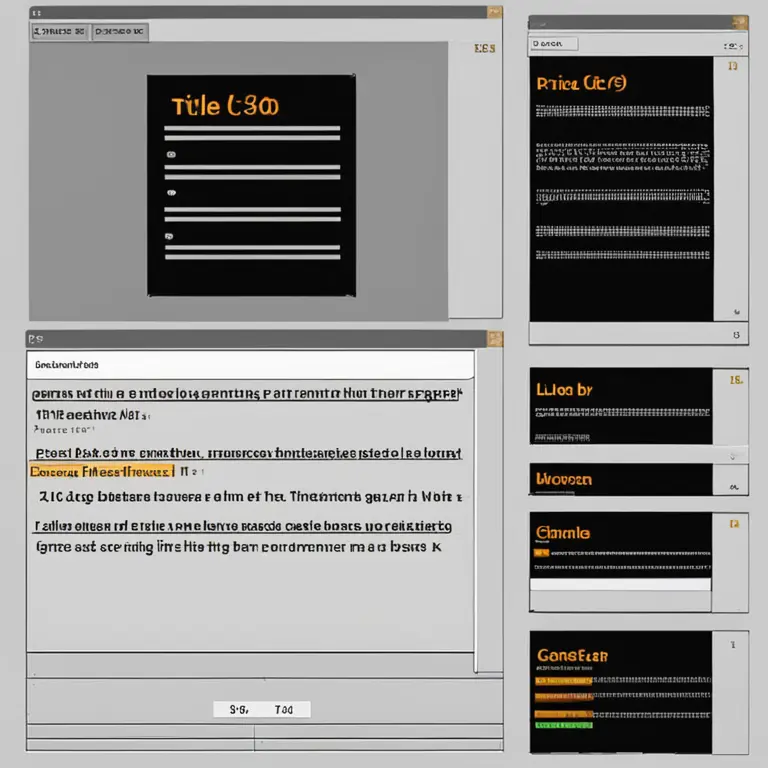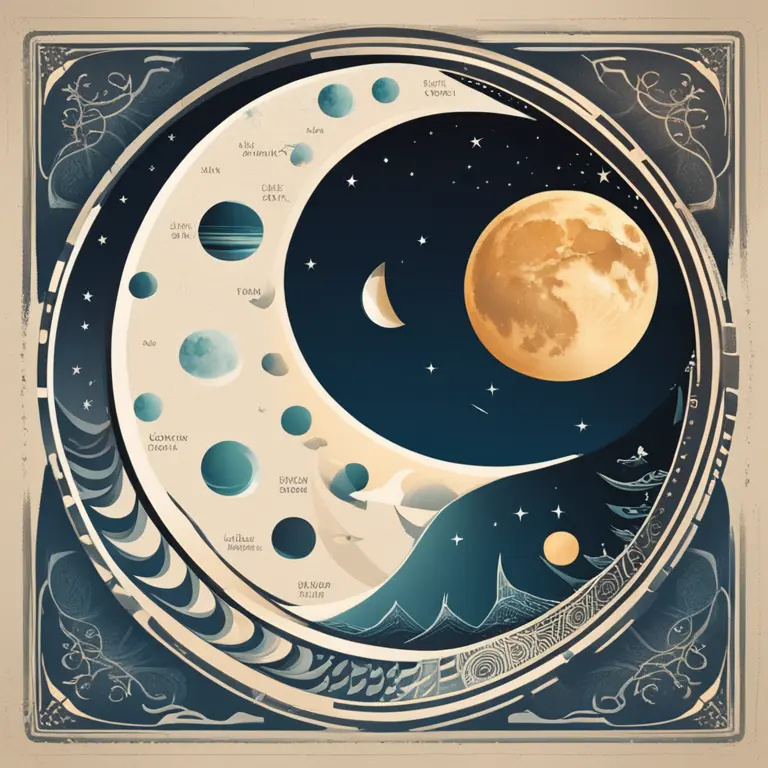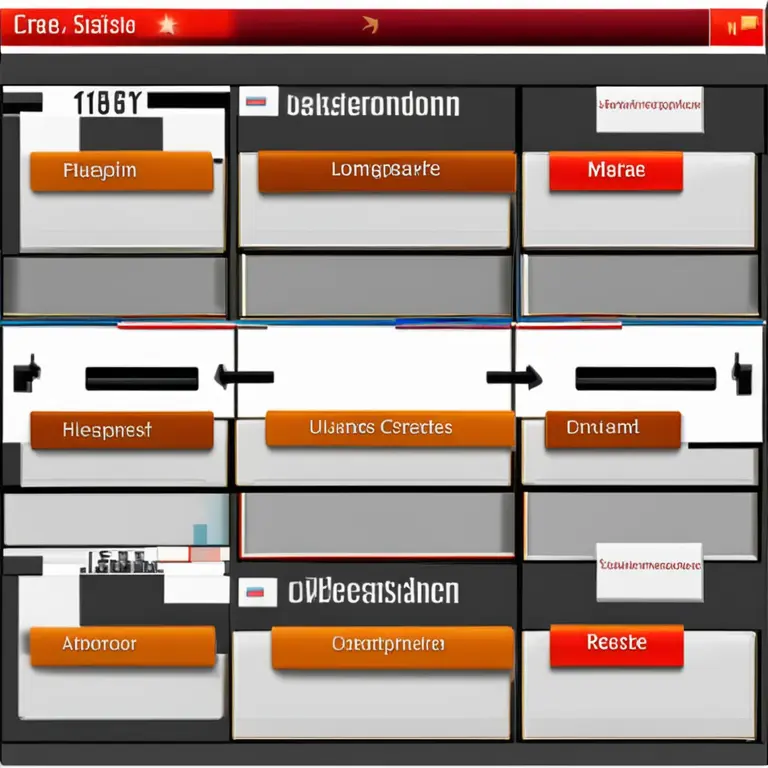
Moon Phases & Mood Swings: Is There a Connection?
Discover whether lunar cycles have a real impact on emotional states and mood fluctuations, and how this may influence our daily lives.
article by Priya Deshmukh
Mystical Moon and Human Emotions
Have you ever felt inexplicably moody or emotionally unsteady and wondered if the moon could be the mysterious force at play? For centuries, lunar phases have been thought to influence human behavior and emotions. This age-old belief suggests that just as the moon exerts gravitational pull on the tides, it might similarly affect the human body and psyche. The connection between the lunar cycle and mood swings is a topic that continues to fascinate scientists and astrologers alike, leading to ongoing research and debate.

Scientific Scrutiny of Lunar Influence
Scientifically, the investigation into the moon's impact on human mood remains inconclusive. Several studies have attempted to uncover a link, with mixed results. Some researchers propose that the moon's phases might subtly influence the body's circadian rhythms and melatonin production, potentially impacting sleep patterns and, consequently, mood. However, these hypotheses require more rigorous scientific validation to establish causality rather than mere correlation.

Astrological Perspectives on Lunar Cycles
Astrologically, the moon is considered a significant celestial body that governs emotions and inner moods. Different phases of the lunar cycle are believed to correspond with varying emotional energies. For instance, the new moon is often associated with new beginnings and intention-setting, while the full moon is traditionally seen as a time of heightened emotions and illumination of hidden desires or fears. Astrologers encourage observing these cycles to better understand personal emotional tides as we head into 2024 and beyond.

Personal Observations and Lunar Phases
Personal accounts and anecdotal evidence from individuals sensitive to lunar cycles often support the idea of mood variations with changing moon phases. Many report feeling more introspective during the new moon and more outwardly expressive or agitated during the full moon. To explore this connection, keeping a mood diary alongside a lunar calendar could provide personal insights and help to map out any patterns that may align with the celestial ballet of the moon around Earth.

Integrating Lunar Knowledge into Daily Life
Whether or not moon phases have a direct effect on moods, incorporating lunar awareness into wellness practices can be beneficial. Mindfulness of the lunar cycle complements practices such as meditation, yoga, and reflection, and can enhance one's attunement to natural rhythms. As we continue seeking balance in our hectic lives, paying attention to such cosmic cycles could offer a harmonious framework to guide our personal growth and emotional well-being.
Concluding Thoughts and Future Outlook
The notion that moon phases can affect moods is a topic enveloped in mystery and intrigue. The interplay between celestial mechanics and human behavior is an area ripe for further exploration. As we move forward, it is clear that both scientific and astrological communities will continue to delve into the potential connections, perhaps shedding more light on this enigmatic subject. For now, keeping an open mind and observing one's own experiences may be the most practical approach for understanding the moon's effect on our emotional landscape.
Published: 1/19/2024
Modified: 1/19/2024
More predictions
Come back here soon to learn more about yourself and your future


The Nine of Cups Tarot Card: A Symbol of Fulfillment
Discover the rich symbolism and meanings behind the Nine of Cups Tarot card, often dubbed the "Wish Card," and its significance in readings.


Tarot Cards vs Zodiac Horoscopes: A Comparative Guide
Discover the differences between tarot readings and zodiac horoscopes, two popular methods used to gain insights into our lives and futures.


The Tarot Knight of Pentacles: A Symbol of Steadiness
Delve into the symbolism and meaning of the Tarot Knight of Pentacles, a figure representing reliability, dedication, and persistent progress in the Tarot deck.